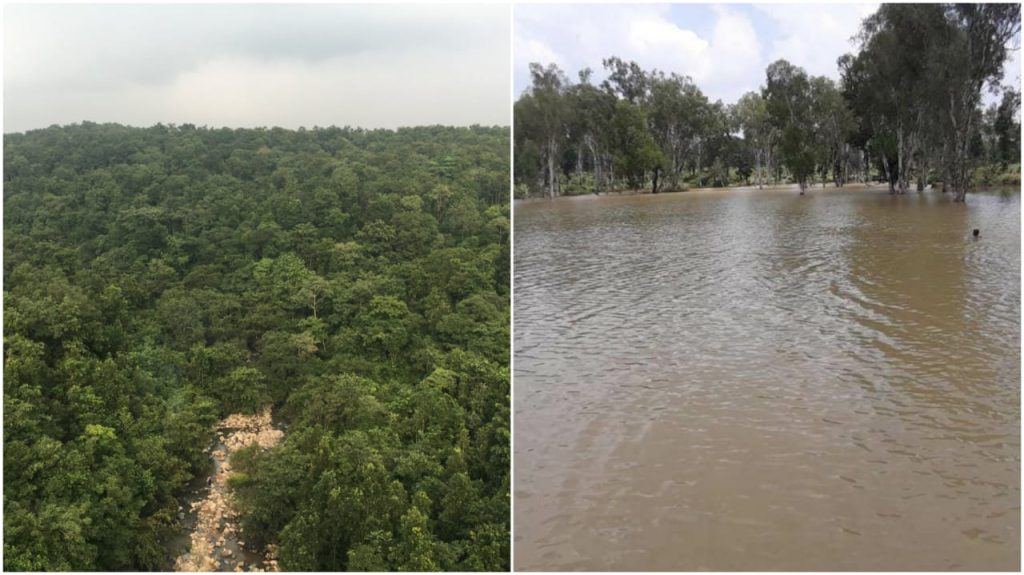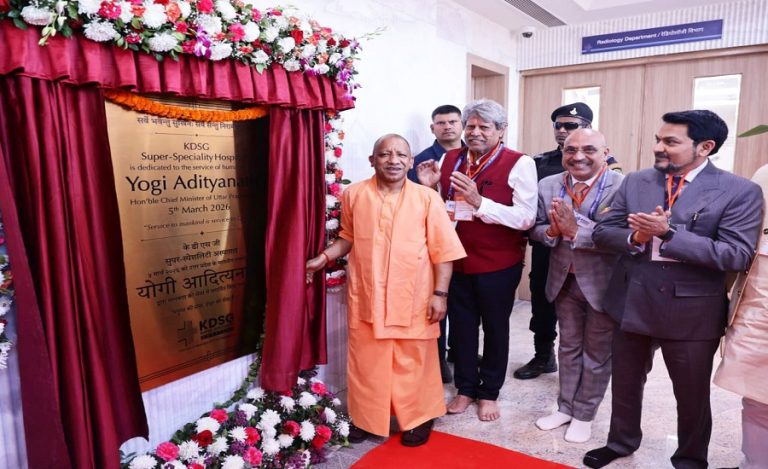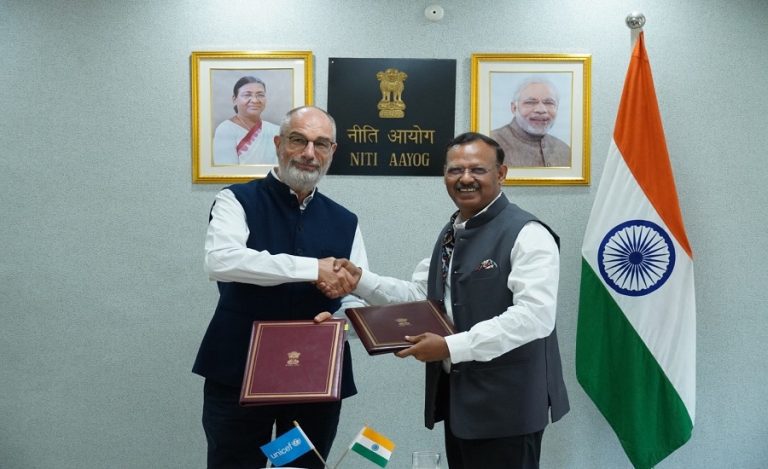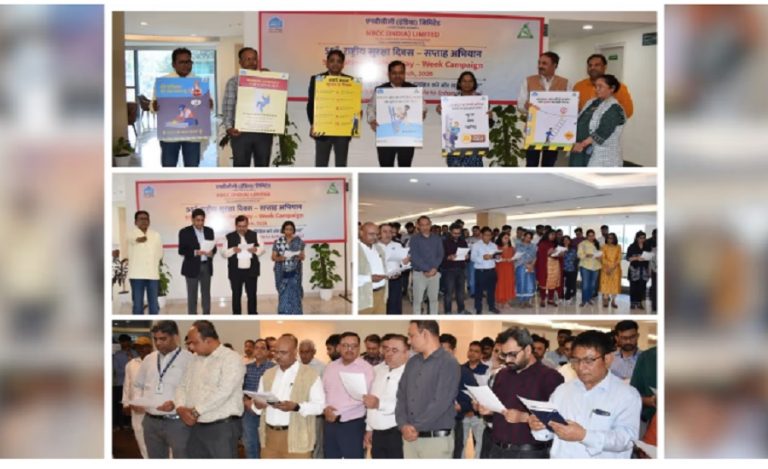While news of saving tigers, elephants and other Indian wildlife often hog all the limelight, not much thought is given to the quality of the forest, which is essential to maintain the diverse flora and fauna of the region. It can be very tough to transform a degraded forest into a rich, livable forest for its animals, birds, grasslands and trees. But this is what forest officer Mr Vikas Ujjawal has done in a 6,000-hectare forest in Jharkhand.

A 2014-batch officer of the Indian Forest Service, Mr Ujjawal was posted five years ago in the Lohardaga district of Jharkhand. There, this Divisional Forest Officer (DFO) saw the miserable condition of the terrain: namely dying forest and dying up water streams. He decided to bring them back to life, to return the forest to its pristine glory, come what may.
In an exclusive conversation with Indian Masterminds, Mr Ujjawal revealed how he managed to rejuvenate nature in the region and also helped in acquiring sustainable livelihoods for the residents.

OBSERVING THE REGION
Mr. Ujjawal was appointed as the DFO in the region in December 2016. Under his watch, came the wide Kuru range along with its 6000 hectares of forest. He realized that the forest was in a degraded state and not in a good shape; he made up his mind to intervene and do whatever he could, in his capacity as the custodian of that forest.
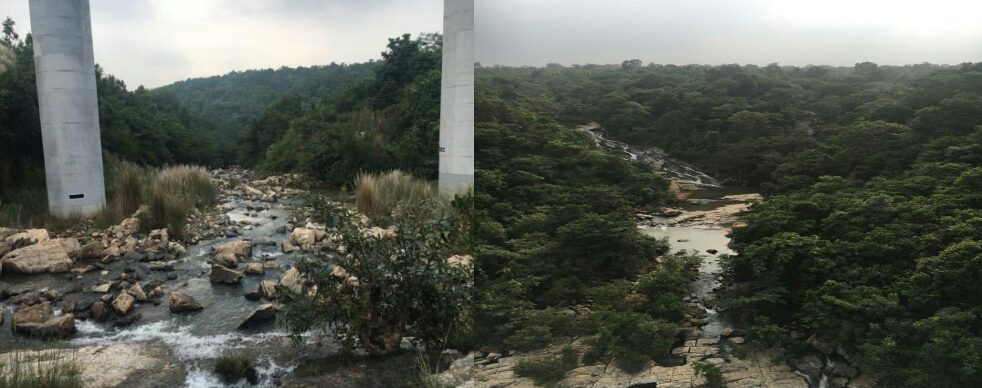
INVOLVING THE LOCALS
The issue which came to his notice was the illicit felling of trees in the region. Majority of people living in the area were engaged in the practice of cutting trees and selling the obtained timber in markets.
“This was disappointing as people had no proper livelihood and at the same time, they were least bothered about conserving nature. That bothered us and we decided to establish a bridge between the forest department and the local community. There were various hiccups but we finally succeeded into bringing them on board” he stated.

However, it was quite difficult to convince the locals as to why protecting the forest was necessary. To tackle the situation, and to keep them away from destroying forests for their earnings, Mr. Ujjawal came up with the idea of providing them livelihood opportunities which would lessen their dependence on the forests.
“We came up with various activities such as imparting bamboo craft training to people. For that, we selected communities that were traditionally experts in the field and we gave them techniques and inventory to produce stuff of urban quality and not regular ones, because selling in local markets was easy but we wanted them to reach urban markets which would be beneficiary for them. This program also diversified their skills” said Mr. Ujjawal.

Furthermore, he also tried involving people in bee-keeping. He distributed about 120 bee- keeping kits among local families and linked their honey production to local markets.
RESTORING LOHARDAGA FORESTS
Mr. Ujjawal ensured that the local communities earned their bread and simultaneously prevented illegal felling of trees, illicit mining and other such activities.
He also convinced the locals as well as the administration to plant as many trees as possible in the region. “In three to four years, we observed a peak increase in the density of the forest and almost negligible forest fires. We were able to convince people not to litter or kindle fire in the forest region which they have been doing traditionally,” he added.
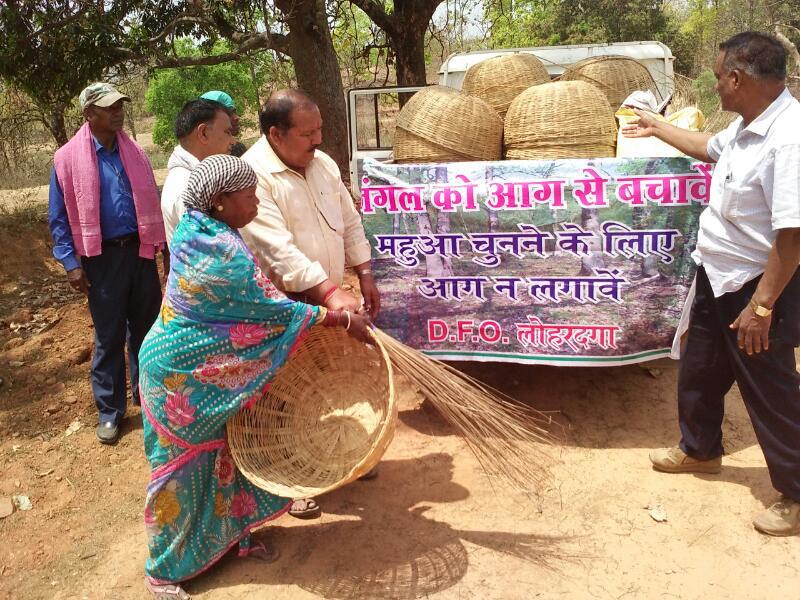
Through such interventions, Mr Ujjawal was able to establish a much bridge between forest officials and the local communities.
THE TRANSFORMATION
The result of all the efforts was quite convincing. The entire forest landscape that they were addressing is extremely important for the state as the area is the origin of three important rivers of Jharkhand – Damodar River, Auranga River, and Sankh River.

“We did a survey and noticed that once the origin of Auranga River that had dried out and receded by 1 kilometer has regained its origin and has become perennial in its nature because of improved water retention in the forest and no major forest fires resulting in better crops. All these had a good ecological impact on the environment” claimed Mr. Ujjawal.
It is largely because of Mr. Vikas Ujjawal’s efforts that the Lohardaga forest has regained muich of its original beauty and grandeur.

